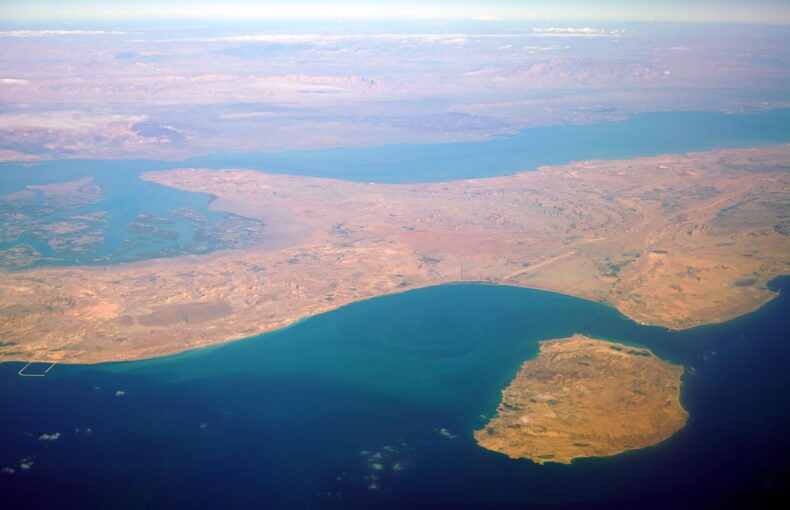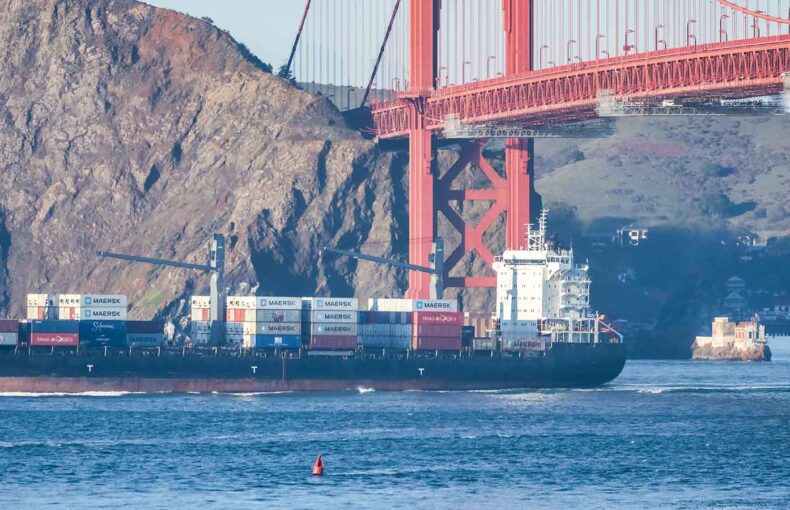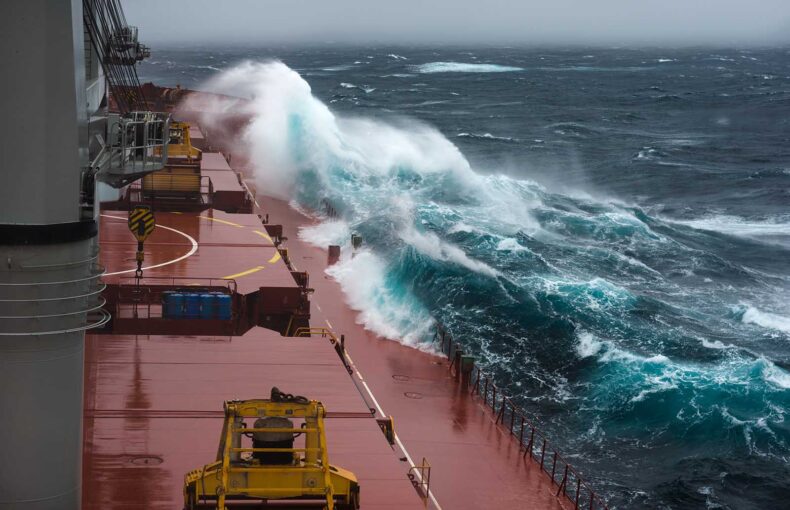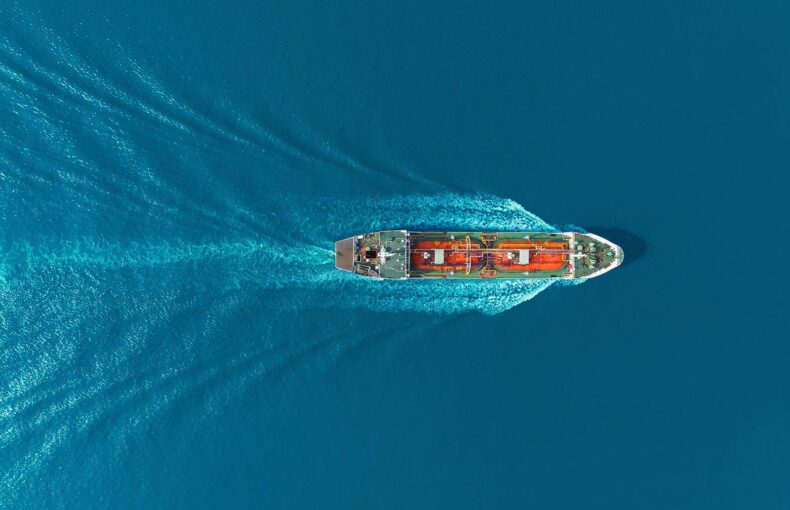We4Sea: Sustainability through improved vessel performance
Digital twinning is winning
The maritime industry’s commitment to reducing carbon emissions and adopting more sustainable business practices faces a huge challenge.
Digital twinning is winning
Shipping vessels can’t perform at their best because the majority of shipping companies lack access to real-time performance data. Surprisingly, almost 80% of the global fleet today still lacks appropriate, real-time performance data to stay optimized along their journey.
What’s more, ship owners and charterers don’t share all of their vessels’ performance data, making it difficult to conduct any solid performance analysis.
Enter Rotterdam-based We4Sea.
By developing solutions for data-driven decisions, tracking vessels and improving vessel performance, We4Sea gives their customers a competitive edge. The company’s innovative approach? Digital Twins.
They say everyone has a (digital) twin
- We4Sea generates a digital replica of a vessel, the Digital Twin, using technical parameters of the vessel
- By feeding the Digital Twin with real time tracking data from Spire’s satellites, like position, heading and draft, and adding weather data, it’s possible to calculate the achievable performance of the vessel, assuming she is in good technical condition.
- When actual vessel reports are available, We4Sea can benchmark actual performance against the achievable performance. Any difference between the two may indicate a potential saving, like hull fouling or engine malfunctioning.
- After assessing the vessel’s current condition, the Digital Twin model recommends changes that could be made to their vessel(s) to improve performance.
- When en route, the Digital Twin also helps find the optimal speed, considering route, ETA, day rate, fuel price and actual performance.
Walking the talk
Using digital twins is often discussed in the maritime industry, but We4Sea has taken the lead as one of the few companies with many years of experience using them. They distinguish themselves by using Spire’s Satellite data, which provides accurate and real-time, up-to-date data. For example, We4Sea’s digital twins can suggest real-time, optimized speeds along a vessel’s voyage. Customers benefit by saving considerable costs on fuel consumption over time.
Partnering with customers
We4Sea helps customers maximize their return on investment (ROI). By integrating historical data on vessel positions, waves, current, and wind, along with energy modeling and big data analysis, We4Sea can simulate different options for fuel savings. For example, upgrading vessel propellers and engines, could result in up to 20% savings in fuel consumption and emissions.
Use case: EML
EML wanted to improve the performance of their vessels. We4Sea ascertained that hull fouling (a thin layer of organisms (plants, algae, barnacles, etc) that starts forming on a ship’s hull from the moment the ship is launched) was reducing the ships’ speed and increasing fuel consumption. Left untreated, hull fouling can increase a vessel’s fuel consumption and greenhouse gas (GHG) emissions by over 25%.
Using a digital twin, where the twin did not have any hull fouling, and accurate insights on past transit data, We4Sea could compare vessel performance between a vessel with hull fouling and one without (the digital twin). Based on this data, We4Sea recommended cleaning the vessel on a regular maintenance schedule. This small change had significant rewards: efficiency improved by 10%–saving almost 1.2 tons of daily fuel consumption, which translates to $1,000 in cost savings each day.
Because of these data-based recommendations, EML was able to save $150,000 over just six months.
For We4Sea, it’s important to have the right data, but taking appropriate actions, informed by the data, makes the difference.
Going for green: Sustainability
We4Sea’s customer solutions aim to improve the efficiency and performance of their vessels, which results in less fuel consumption, cost savings and lower carbon emissions.
Recognizing a direct correlation between fuel consumption and sustainability, the maritime industry has been exploring alternative fuels, and there are currently trials underway for liquified natural gas (LNG), liquified petroleum gas (LPG), methanol and biofuels.
Low-carbon fuels will be essential to achieve Net Zero emissions. However, since alternative fuels are going to be comparatively expensive, vessel operators will need to focus even more on fuel efficiency.
For example, by optimizing speed, a vessel can save nearly 14% fuel in one journey. We4Sea’s digital twin technology determines the optimal speed based on the specifics of the current ship’s situation, such as weather or draught. An optimal speed is calculated by combining the daily rate, fuel price, route and distance to port.
By combining smart, effective maintenance strategies, mechanical upgrades and a cutting edge use of big data, We4Sea embodies a forward-looking approach to more efficient, profitable and greener vessel operations.
 Written by
Written by


